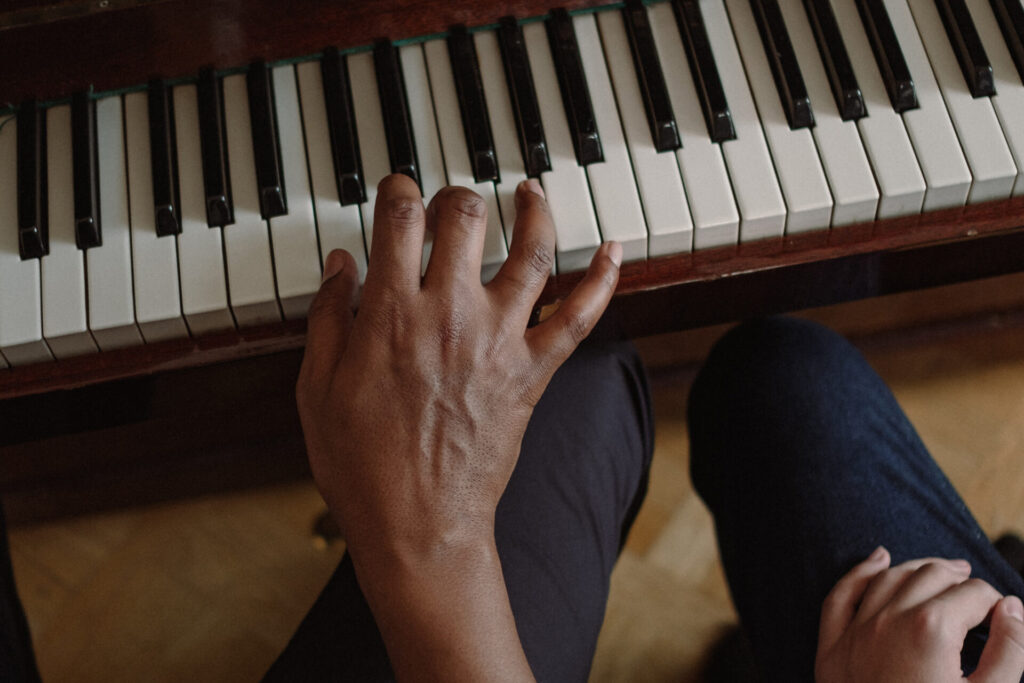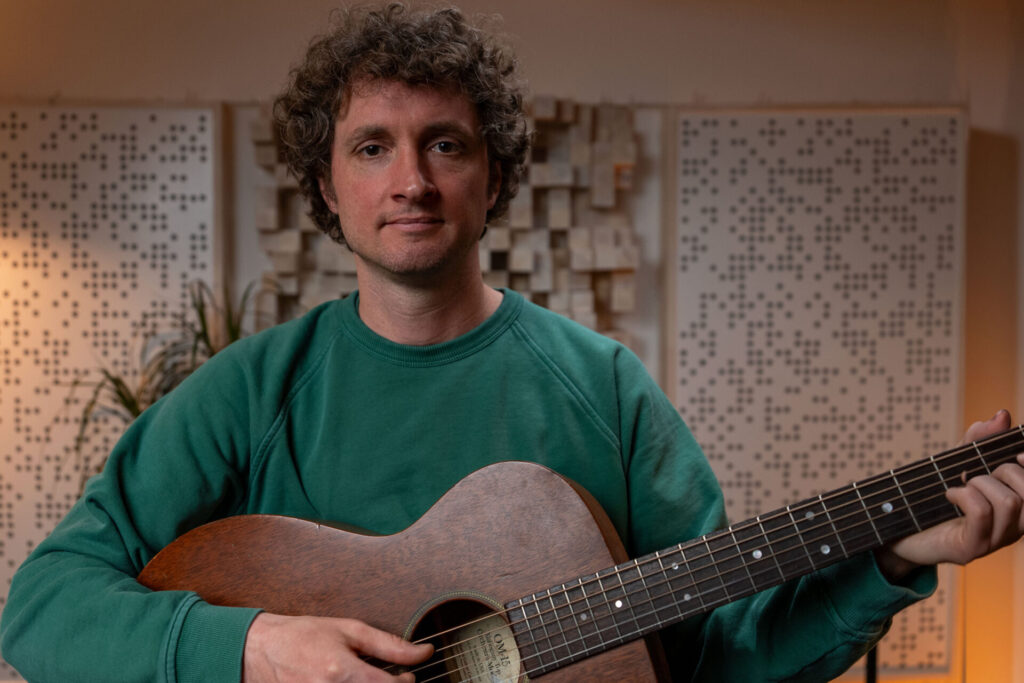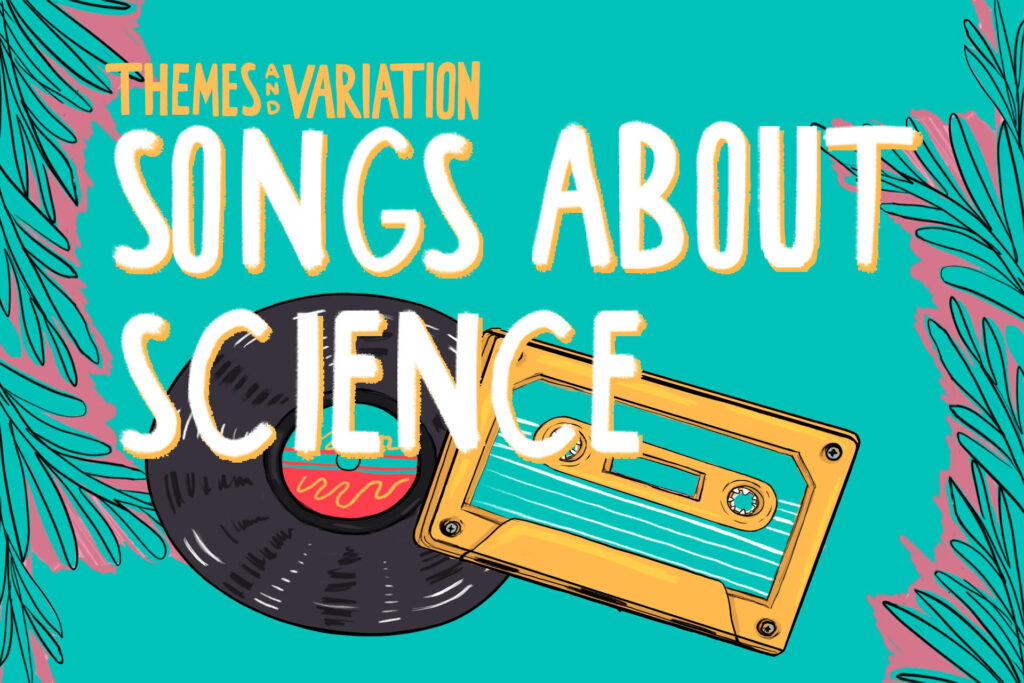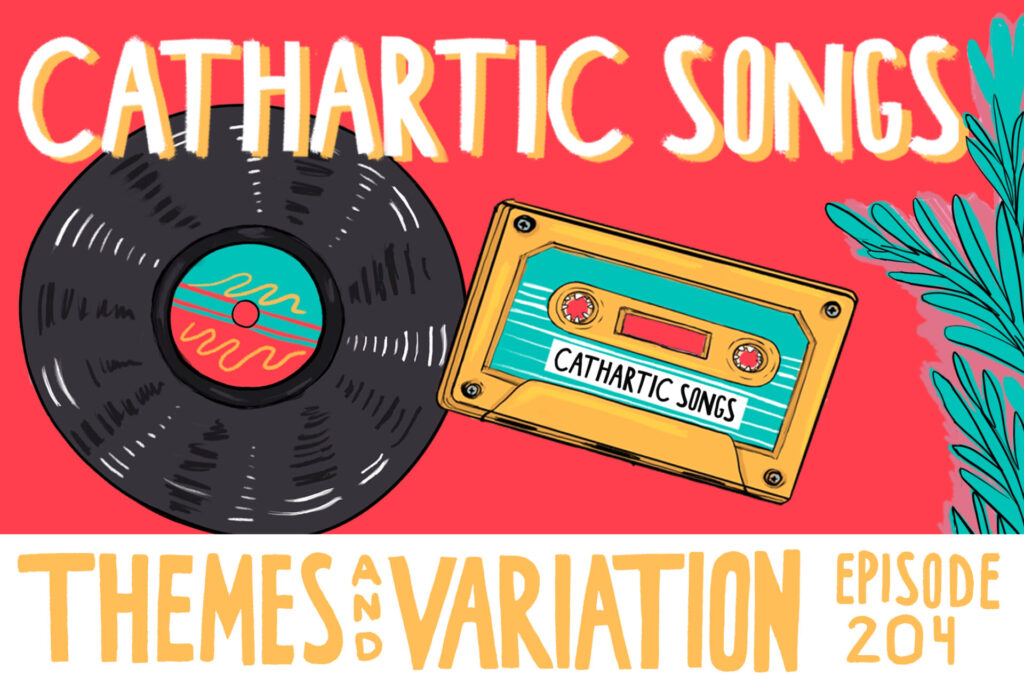+ Harness your inner groove and your outer authenticity with drummer, producer, and artist The Pocket Queen. Check out her course on Soundfly.
The power of music and its effects on us as human beings is undeniable. But there is something even more special for musicians… when we have the opportunity to empower and help others through the thing we love most.
On that note, if you’re eager to make a greater contribution to society through your art and voice, here are some fulfilling ways you can use music to give back.
1. Volunteer with a local charity.
Music-related charities are always looking for qualified volunteers (and even paid staff) to help them carry out their missions.
You can run a quick search online for local organizations in your area, or partner with a national non-profit like Musicians On Call who bring music to patients in healthcare facilities to help promote the healing process, or the Recording Academy’s Grammy U, which offers mentorship to college students who aspire to have a professional career in the music industry.
Get involved, donate your time and your expertise, and I can guarantee you’ll get back so much more than you give in the process!
+ Read more on Flypaper: “Our 10 Favorite Music-Related Charities Changing the World Right Now.”
2. Offer after school programming or continued education classes.
As someone who has done this for many years, I can’t even begin to describe how special it is to connect with children and inspire them to sing, songwrite, produce, play an instrument, and perform.
Not only does music education help children and young adults expand their mind with a customized and personalized attention, but it helps their mental health and emotional regulation as well.
Many of these kids could never afford music lessons or have access to real professionals outside of whatever they’re offered in public school, so having someone that really cares to teach them and get to know them makes all the difference.
I reached out to my neighborhood Boys & Girls Club and YMCA to create music programs for their youth members, and then came up with a suitable curriculum that I offered with fellow volunteers a couple times every week. The impact we made was incredible.
+ Learn how to marry theory, improvisation, and beat making to become a better pianist and producer, with Grammy-winner Kiefer’s Keys, Chords, & Beats.
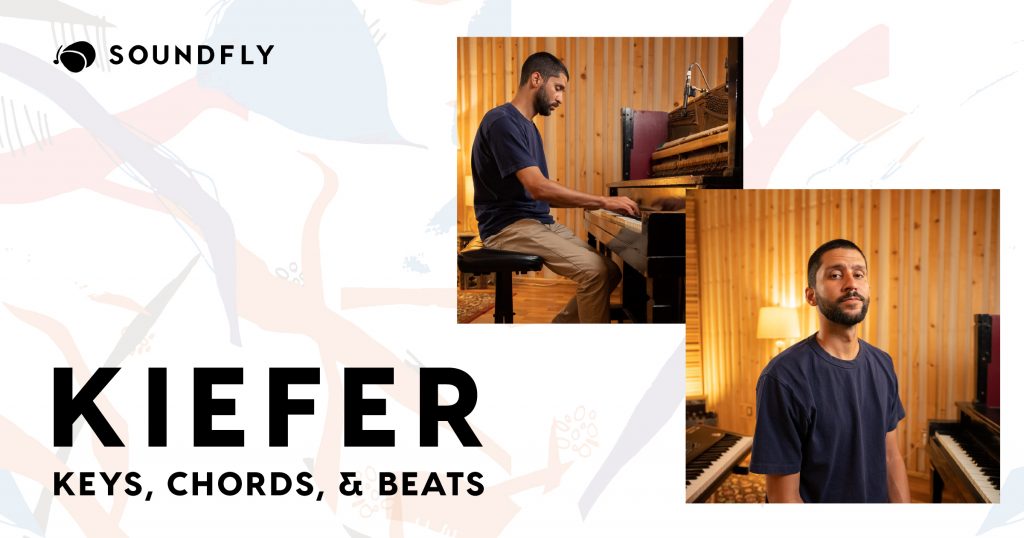
3. Create free music education content to share online.
If you don’t have one already, creating a free website or even just a social media page is easy! There, you can offer free info, resources, and content in your area of expertise to share with people who are eager to learn.
It’s a great way to donate your time and talent, and also spread the world about your own musical prowess at the same time!
4. Offer scholarships for underprivileged students for private lessons.
This is especially easy if you already have a framework established by running your own teaching business or working for one. Offer to scholarship a certain amount of local music school students per session to help pay it forward!
+ Read more on Flypaper: “The Collaborative Classroom: Personal Strategies for Student-Centered Teaching.”
5. Start your own non-profit organization.
If you feel that you really want to leave a long-lasting impact on the world through your music, consider starting your own non-profit organization! Like with any business, you’ll need to put together a business plan and a mission statement.
This can be a very special experience, because it can speak to all of the things you personally care about and the changes you wish to see in the community you look to serve.
The next step would be coming up with a name, location, securing a bank, and applying for 501(c)(3) status with the IRS, so you can offer tax deductions for donors and receive charity tax benefits as an organization as well. While you wait for approval, you can start providing services right away and making a difference.
As you grow, you’ll put together a board of like-minded individuals who care about your cause, run different fundraiser events, and continue to grow your reach to use your music to impact as many people as possible — even long after you’re gone.
Now, what could be more fulfilling than that?!
Play Your Heart Out!
Continue your learning adventure on Soundfly with modern, creative courses on songwriting, mixing, production, composing, synths, beats, and more by artists like Kiefer, Kimbra, Com Truise, Jlin, Ryan Lott, RJD2, and our newly launched Elijah Fox: Impressionist Piano & Production.
